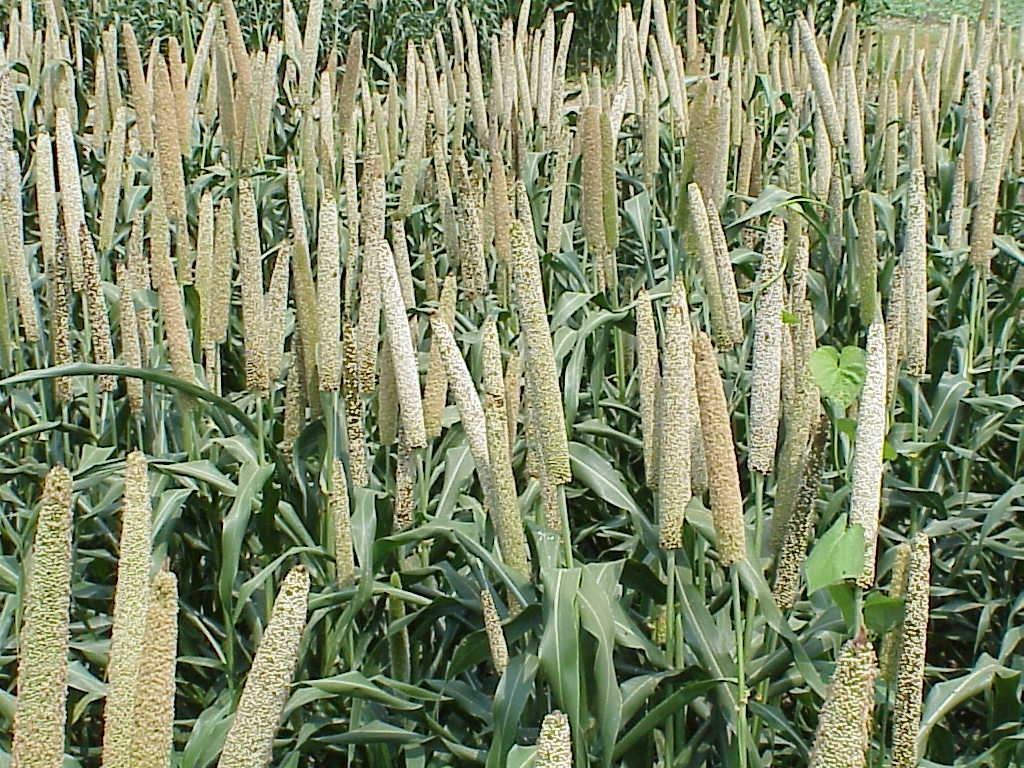A local agronomist, Davison Masendeke, has urged farmers in the drought-prone Matabeleland region to prioritise traditional grains such as millet, sorghum, and others in the 2022-2023 cropping season in light of unpredictable rainfall distribution triggered by climate change.
Despite the country having received good rains in the previous cropping season, a prolonged dry spell resulted in very poor harvests.
Zimbabwe is projected to receive normal to above-normal rains in the imminent cropping season although its distribution pattern remains unknown.
It is against this backdrop that agricultural experts have urged farmers to revisit and prioritise traditional grains in order to minimise losses.
“The importance of growing crops such as millet and sorghum is in that these are traditional grains,” said Masendeke.
“They (traditional grains) are drought resistant in that they originate in Africa and can withstand the climate of the continent. Secondly, rainfall patterns have changed unlike in the past when we would receive enough rain throughout the cropping season until crops such as maize would mature.”
Masendeke explained that what has changed is not the amount of rain that the country receives.
“Rainfall distribution is no longer predictable,” he said.
“The rainy season no longer begins at the usual time that we have always known, rains now delay a little bit. Again during the course of the season, we usually experience a dry spell. Crops such as maize cannot withstand a dry spell like sorghum which explains why farmers should prioritise such crops.”
He further explained: “During a dry spell, crops such as millet have a tendency of stopping growing and only resume after rains. The importance of growing such grains is in that they are able to withstand dry spells. We now have shorter rainy seasons meaning to say early maturing crops can give a farmer a better harvest.”

